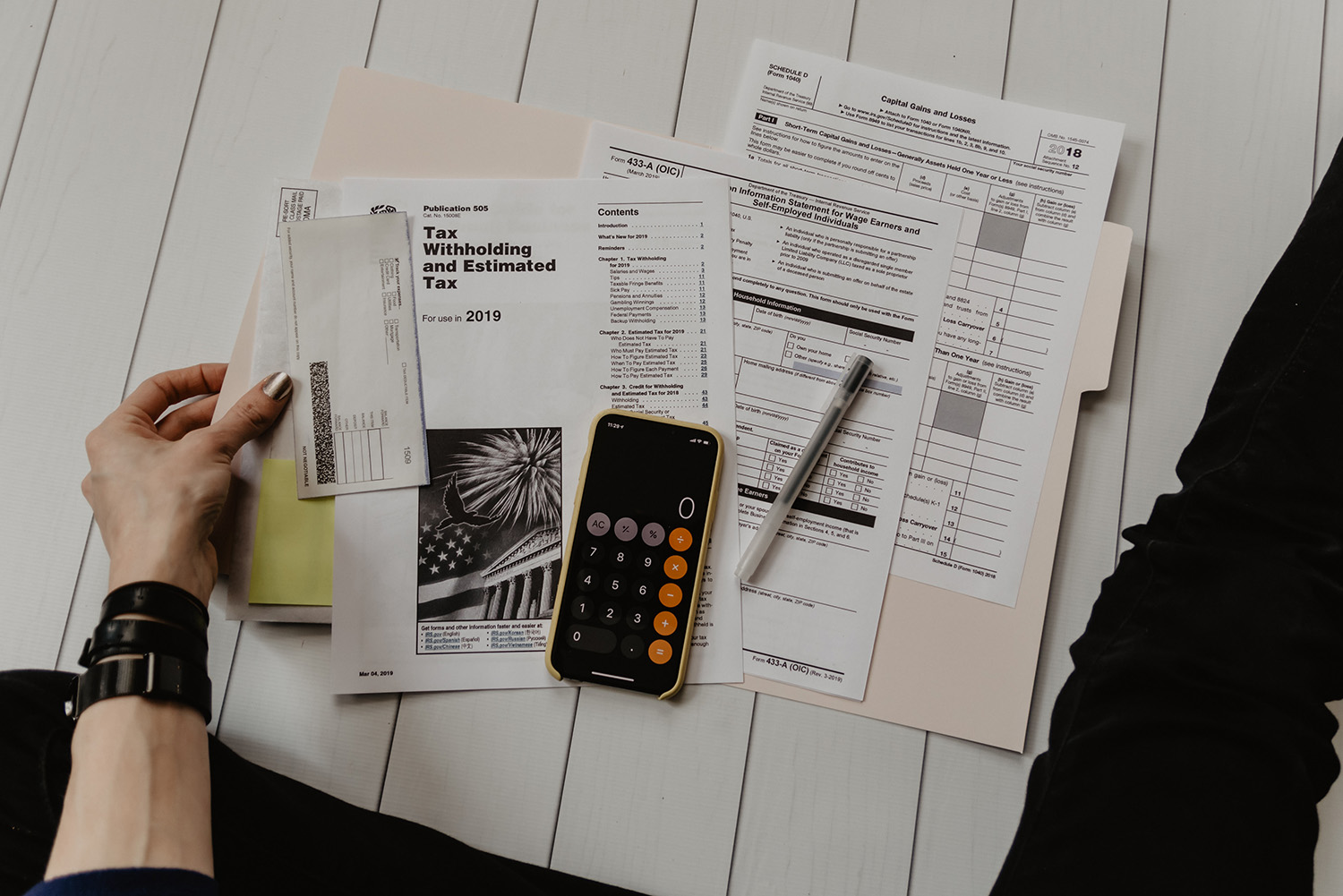February 11, 2022 | By Marc Lamber
If you’re self-employed, or you are an independent contractor or, even if you just operate a side business, and you use payment apps like Venmo, Paypal or Cashapp, the IRS is now watching you. Because of a new tax reporting regulation that took effect on January 1, 2022, most payment apps are now required to issue 1099-Ks to any businesses receiving more than a total of $600 in electronic payments over the course of the calendar year. Previously, this would only be necessary if the business received over $20,000 and conducted 200 or more commercial electronic transactions in one year. This is a huge difference.
This new rule does not impose any new taxes on businesses that use payment apps and does not apply to 2021 taxes. It’s nevertheless a wake-up call to businesses that thought if they were receiving money for selling goods or services through payment apps, they didn’t have to report it on their tax returns or they otherwise thought they could fly under the Fed’s radar. Businesses have always been required to self-report income, however, now the IRS no longer needs to rely on you for this information. Instead, it will get the information directly from the payment apps themselves. And it anticipates that it will generate $1 billion in additional tax revenue in the first year.
Your business and the IRS will receive a 1099-K from the payment app provider. Additionally, you may be expected to share your social security number, personal tax ID or EIN to the payment app you utilize so the payment app can properly issue 1099-Ks in compliance with the new rule. You may also be asked by the payment app to designate transactions as business or personal. Most payment apps will be impacted by the new rule with the possible exception of Zelle, according to its FAQ.
For those who utilize payment apps for personal transactions, there is no need to worry. Sending someone birthday cash or splitting the bill for your dinner are not transactions to report on taxes and neither your payment app provider nor the IRS will be checking for these types of transactions. Additionally, selling items at a loss is not taxable—so if you’re selling old furniture for less money than you paid originally, then that is an exception too.
If you have concerns about whether to accept payment for your business through a payment app, it is best to consult with your tax professional and your payment app’s policies.
Marc Lamber is a Martindale Hubbell AV Preeminent-rated trial attorney. A director at Fennemore Craig, Lamber has been featured in national and local media, including the Arizona Republic, USA Today, ABC News, The Wall Street Journal, Forbes, the ABA Journal and many others.



